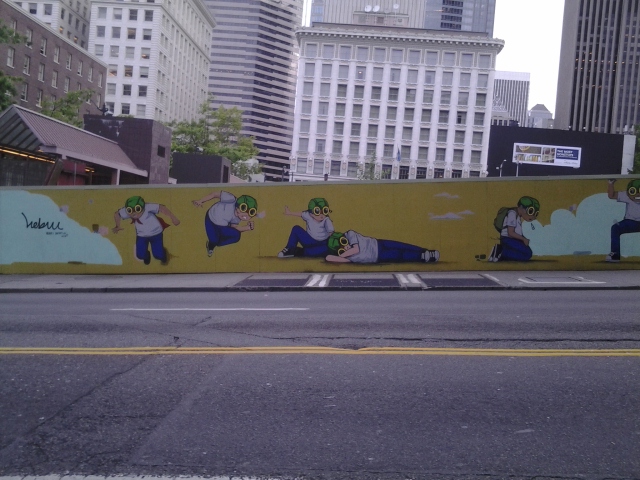
Robin Wyatt Dunn
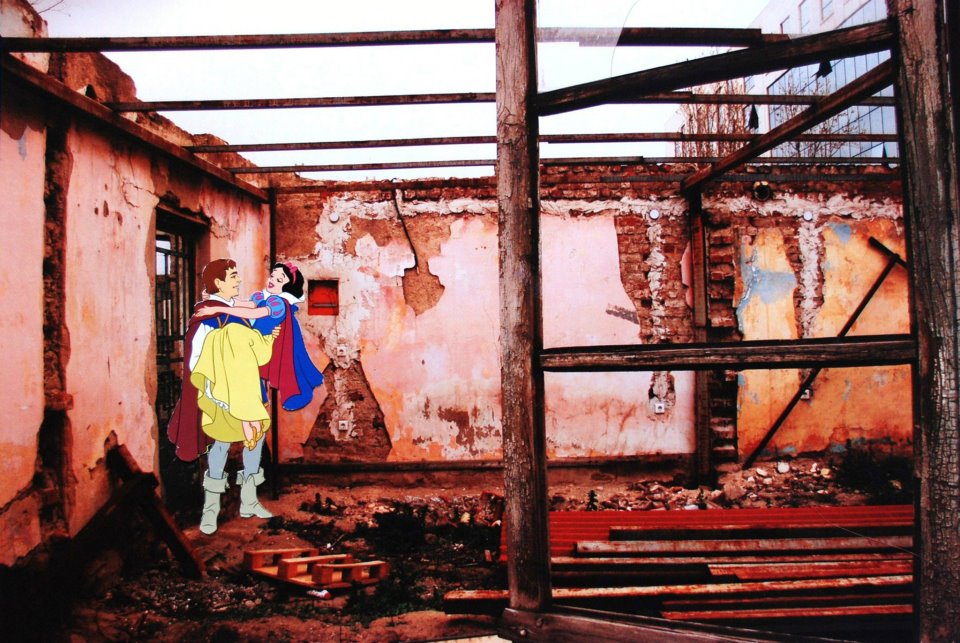
I dream of sand. I live in near desert, Los Angeles. We are a cruel city and a beautiful one. She stands in the dune, carefully constructed over the last 24 hours and I photograph her. My shtick is I do not digitally manipulate my images; I have worked closely with the gaffer for hours and there are little rainbows of light creeping up her naked calves. Click. Click. And she, threatening, her eyes that is, is a desert of sand too. What once awakened, the hunger of discovery by American mouths, I am selecting her as a fine appetizer . . . I stand close to her. “Whisper evil things,” I smile, and she does. Directors know a thousand superstitions, no different from sailors, control as tight as you want but still you are only a cork atop a sea . . . her whispers do the trick. There will be no nightmare. But something is different. Her voice is growing louder. “I wake from a dream of a drowned star city, millennium falcon ship no surprise for me, cheap snapshooter, Civil War deserter, my powder pan is full and all you can do is titillate my nipples on a score of Tally Isham axonographs . . .” “Models do not act!” I shout at her, the gaffer is leaving; where did he go? She is nude. The desert is blowing. She is crying. “You are axonograph,” she says, her lips carefully enunciating. “What?” I say, helplessly, discarding my camera in a dune; she is still coming toward me. “How does it feel?” she asks. “Won’t you share it with me?” “Terrible.” “Terrible how?” “Like I’m dying. Dying underground . . .” “I am only a woman but I know you are only these axons, you cheap little artmaker peeping Tom Hilfiger . . .” “I need my Perrier!” I shout, but there is no world with France in it any longer. My carbon footprint is shrinking; she is in my arms. “Am I too skinny?” she says.
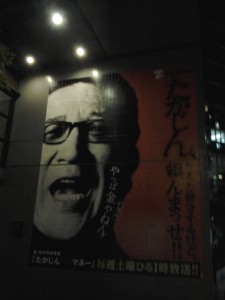
“No, no.” “Hold me,” she says. There is a storm coming. Our storm. And when it arrives it will shake the face of Arrakis . . . “Shhh, shhhh,” she says. “How long do we have the studio until?” “They kick us out at midnight,” I say. “Get me my robe,” she says. “Where is it?” I call, hunting. “I left it on top of the microwave!” It’s a pretty little kimono. I drape it over her shoulder and resist the urge to stoop and taste her nipple. “I want to taste your nipple,” I blurt. “You blurted,” she says. “It’s okay, I have that effect on men.” I am blushing. Am I twelve years old? “What world is this, asked Millicent Idly,” I find myself saying. “It’s called The Waste,” she says, and her words are stones. Oh, Los Angeles. What fatal nights of storms have tectons roamed beneath the mighty sea to find the curving lopes of celtic rings . . . I maul her. And the set howls. She is crying. She is moaning. The sand is surf. “I could sue you, you know,” she whispers. “I know,” I say. It’s getting dark. “Why don’t you?” she says. “Why don’t I what?” “Why don’t you know what I am?” “Don’t be creepy,” I say. “I’m your agent. Give me orders.” I stroke her shoulder. “They’re going to kick us out,” I say. “Let me dress,” she says. I stand up. One of the lights has burned out; its heated fragments are smoking on the sand. I can’t even find my camera. I grab my laptop and luckily the wireless was working; I’ve got about a gig of stills from today . . . I don’t want to look at them yet, I feel nauseous. “Do you want coffee?” I shout, but she is gone. “Gail!” I shout. “Gail!” I hear the back door, slam, I sprint to it, slam through, she’s already in her ride, a silver Volvo, tinted windows, off down the alley . . . I go back inside and call Marcel, apologize for going late, promise not to do it again. I wire the money for the shoot and go home.  I am thinking of taking up spoken word poetry. I’m not political enough for it, I don’t think, but I have to say something . . . But what could I say. The fatal gift, vision, must not be put into words in a union town, you keep your mouth shut. I am a good worker. I am a loyal steed, ride me, Los Angeles, I am fast and tame-wild, wild-tame, in just the right amounts, I carry the bourgeoisie to victory . . .
I am thinking of taking up spoken word poetry. I’m not political enough for it, I don’t think, but I have to say something . . . But what could I say. The fatal gift, vision, must not be put into words in a union town, you keep your mouth shut. I am a good worker. I am a loyal steed, ride me, Los Angeles, I am fast and tame-wild, wild-tame, in just the right amounts, I carry the bourgeoisie to victory . . .  I am asleep. No, half-awake. What is it, 2 a.m. I’ve called her twice, her voice-mail is mysterious. Some soundtrack with moaning in the distance, then a click. I left my phone number twice, she does not call. I pore over the images. The best work I’ve ever done, probably. But scary. Too arty. It’s a goddamned fashion shoot, for god’s sake, you can barely see the shoes . . . I fall asleep. The nuclear blast of a late august morning in Silverlake is the best drug I could ever want. I want to die here. I want to die a slave here. I go to The Coffee Shoppe. “Hey, Tom, the usual?” says the barista, and I nod, smiling, off my game. I almost forget to tip. I sit outside and smoke, another no-no. I do not care. French cigarettes keep me sane. Saint Gauloise, mon frère . . . She is across the street. I resist the urge to shout. She looks at me, enters the café. My eyes are wide. I look a fool. I’m wearing black, is my hair okay? My glasses? I should shoot myself, make it public . . . She comes back. She’s wearing yellow. She looks older, wiser, in this light, crueler, and I expect that, but still, her eyes, she’s not on drugs, no, shit it’s creepy again, just chill Tom, you’ve been sober for five fucking years, chill the fuck out ― “How are you?” she says coolly, sitting. “Good, and you?” I am speaking. Voice normal. Check. “I’m okay. You frightened me.” “I’m sorry.” “I haven’t been doing this that long, you know. You must think I’m really easy.” “No, no I don’t. I don’t.” “There were only two guys before you.” “How long have you been in L.A.?” Has she been here long enough to undergo the change? “Two years,” she says. Right on the cusp. “What do you think of Silverlake?” I ask her, and suddenly everyone is all ears, twenty yards around. She senses it too, of course. “Let’s go for a walk,” she says, and we do, down the street, approaching Heliotrope, in late autumn, here under the veil of capitalism, I am mind, body, skill set and bank account, I am herr director, I am Kamera, Oh Kamera you evil bastard of my last nights . . . “How are you really?” she asks. “I don’t know,” I say. “I don’t.” “Do you want to get together?” she asks. “What do you mean?” I ask. “What, do you have to call your agent or something?” she says. “No, of course not. I just mean, what do you mean? People mean so many things.” She sighs. “Do you want to . . . be together?” “Yes,” I say. “Yes.” “I don’t want to move in unless I marry the man,” she says. “Okay,” I say.
I am asleep. No, half-awake. What is it, 2 a.m. I’ve called her twice, her voice-mail is mysterious. Some soundtrack with moaning in the distance, then a click. I left my phone number twice, she does not call. I pore over the images. The best work I’ve ever done, probably. But scary. Too arty. It’s a goddamned fashion shoot, for god’s sake, you can barely see the shoes . . . I fall asleep. The nuclear blast of a late august morning in Silverlake is the best drug I could ever want. I want to die here. I want to die a slave here. I go to The Coffee Shoppe. “Hey, Tom, the usual?” says the barista, and I nod, smiling, off my game. I almost forget to tip. I sit outside and smoke, another no-no. I do not care. French cigarettes keep me sane. Saint Gauloise, mon frère . . . She is across the street. I resist the urge to shout. She looks at me, enters the café. My eyes are wide. I look a fool. I’m wearing black, is my hair okay? My glasses? I should shoot myself, make it public . . . She comes back. She’s wearing yellow. She looks older, wiser, in this light, crueler, and I expect that, but still, her eyes, she’s not on drugs, no, shit it’s creepy again, just chill Tom, you’ve been sober for five fucking years, chill the fuck out ― “How are you?” she says coolly, sitting. “Good, and you?” I am speaking. Voice normal. Check. “I’m okay. You frightened me.” “I’m sorry.” “I haven’t been doing this that long, you know. You must think I’m really easy.” “No, no I don’t. I don’t.” “There were only two guys before you.” “How long have you been in L.A.?” Has she been here long enough to undergo the change? “Two years,” she says. Right on the cusp. “What do you think of Silverlake?” I ask her, and suddenly everyone is all ears, twenty yards around. She senses it too, of course. “Let’s go for a walk,” she says, and we do, down the street, approaching Heliotrope, in late autumn, here under the veil of capitalism, I am mind, body, skill set and bank account, I am herr director, I am Kamera, Oh Kamera you evil bastard of my last nights . . . “How are you really?” she asks. “I don’t know,” I say. “I don’t.” “Do you want to get together?” she asks. “What do you mean?” I ask. “What, do you have to call your agent or something?” she says. “No, of course not. I just mean, what do you mean? People mean so many things.” She sighs. “Do you want to . . . be together?” “Yes,” I say. “Yes.” “I don’t want to move in unless I marry the man,” she says. “Okay,” I say.
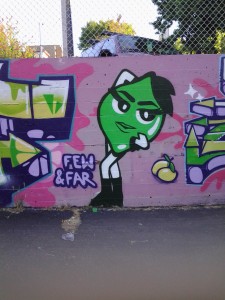
“Okay what?” “I understand,” I say. “It’s beautiful, isn’t it?” she says. “It’s beautiful today.” “Yeah, it is. Listen, are you okay? Really? Did I hurt you, or . . .” “No, I’m okay. I’ll be okay. I’m a tough girl, you’ll see.” There is something in her eyes. “I fucked up,” I found myself saying. “We have to go back.” “We don’t have to if you don’t want to,” she says, lying. I take her to my car. – I hate few things about L.A., actually, not even the driving, but this is the one part I hate, the one part I hate of driving, the bucket seat and what it does, it has invaded even classic cars, the awareness of the other body . . . here in this game of the kings and queens of the silver screen, the posture alone can kill you in its thousand degrees of erection ― “Here,” she says. “Park here.” There is another shoot. Luckily Fernando is working the front desk, I ask politely and with a pretty girl with me he allows us past; we wait for a lull in the activity on set and slip in, standing on the sidelines, nod at those we know. “What do we do now?” I whisper to Gail, but she says nothing. It’s an art shoot, tableau vivante, topless young women beautiful as hell, and some guy dressed like Jesus smoking an herbal cigarette. “Just wait,” she whispers and so we do, watching the shoot for the next hour, saying almost nothing. Sweep the sand on the ground . . . I watch the deck crewman massage the sand into the proper shape, the broom smooth in his accomplished hands. And I remember then. Did I forget? Desert. “Desert,” I say to her. “Yeah, I know,” she says. “Are you religious?” I ask her. “Spiritual,” she says. “Okay.” We go outside to smoke. “We have to work here,” she says, pacing, filled with narrow energy. “At this set?” “Yes. Can you buy it?” “Buy it? Hell no . . .” “Then we’ll buy it together. There’s something in there we need . . .” 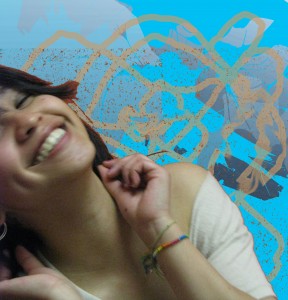 I stop working for a while. Then I work for eighteen months non-stop; Paris, London, Sydney, even Beirut. She follows, or we meet up in foreign cities jetlagged out of our minds. Loneliness is strange when shared, you forget how to think, forget who you are, in a good way. I love her body, so much. Her nose, her lips, her voice. I am one of the lucky ones, but this kind of luck is spooky. – – We buy it. Cheaper than it ought to have been, a favor, I think. In this town, sometimes you can’t be sure who from. From God, maybe. We put the sand back. The sand. “Desert,” she says, and smiles. And I pour water over her naked body and chant my mantra. “You’re beautiful,” she says to me and I want to hobble her. And then the lights go out. “Herr Direktor,” she whispers. “Put your finger in my cunt.” I do. We listen to the dark of this strange little desert. Two self-involved Hollywood freaks, yes, I know, but . . . “I am so many women now,” she says. “Can’t you just be two or something?” She laughs a little. “Not yet.” – – “Axonograph,” she says. “Yes,” I say. “Give me a little nerve spike.” – – Which Baal was yours, Jew of the old time, the second Zion, Hollywoodland cult Hebrew, the idol you learned and drew? We keep the sand in the corner, like vampires keep their native earth, no matter the shoot. We fence it off with yellow tape; some assume it’s a bizarre kitty little box. I feel we’re sinking into the religious brain of the nerves of cheap cinema, like into a bath of warm milk. New York has its shrinks; we have our mirrors, made, after all, from sand. In a generation if not before I know Los Angeles will be a de facto city-state, inert and howling, new thallosocracy, and Gail and I will, as oligarchs, enforce our religious pluralism with the sweetest of blood rites. “You want to go to the beach today, honey?” I ask her. “It’s a beautiful day to die,” she says.
I stop working for a while. Then I work for eighteen months non-stop; Paris, London, Sydney, even Beirut. She follows, or we meet up in foreign cities jetlagged out of our minds. Loneliness is strange when shared, you forget how to think, forget who you are, in a good way. I love her body, so much. Her nose, her lips, her voice. I am one of the lucky ones, but this kind of luck is spooky. – – We buy it. Cheaper than it ought to have been, a favor, I think. In this town, sometimes you can’t be sure who from. From God, maybe. We put the sand back. The sand. “Desert,” she says, and smiles. And I pour water over her naked body and chant my mantra. “You’re beautiful,” she says to me and I want to hobble her. And then the lights go out. “Herr Direktor,” she whispers. “Put your finger in my cunt.” I do. We listen to the dark of this strange little desert. Two self-involved Hollywood freaks, yes, I know, but . . . “I am so many women now,” she says. “Can’t you just be two or something?” She laughs a little. “Not yet.” – – “Axonograph,” she says. “Yes,” I say. “Give me a little nerve spike.” – – Which Baal was yours, Jew of the old time, the second Zion, Hollywoodland cult Hebrew, the idol you learned and drew? We keep the sand in the corner, like vampires keep their native earth, no matter the shoot. We fence it off with yellow tape; some assume it’s a bizarre kitty little box. I feel we’re sinking into the religious brain of the nerves of cheap cinema, like into a bath of warm milk. New York has its shrinks; we have our mirrors, made, after all, from sand. In a generation if not before I know Los Angeles will be a de facto city-state, inert and howling, new thallosocracy, and Gail and I will, as oligarchs, enforce our religious pluralism with the sweetest of blood rites. “You want to go to the beach today, honey?” I ask her. “It’s a beautiful day to die,” she says.

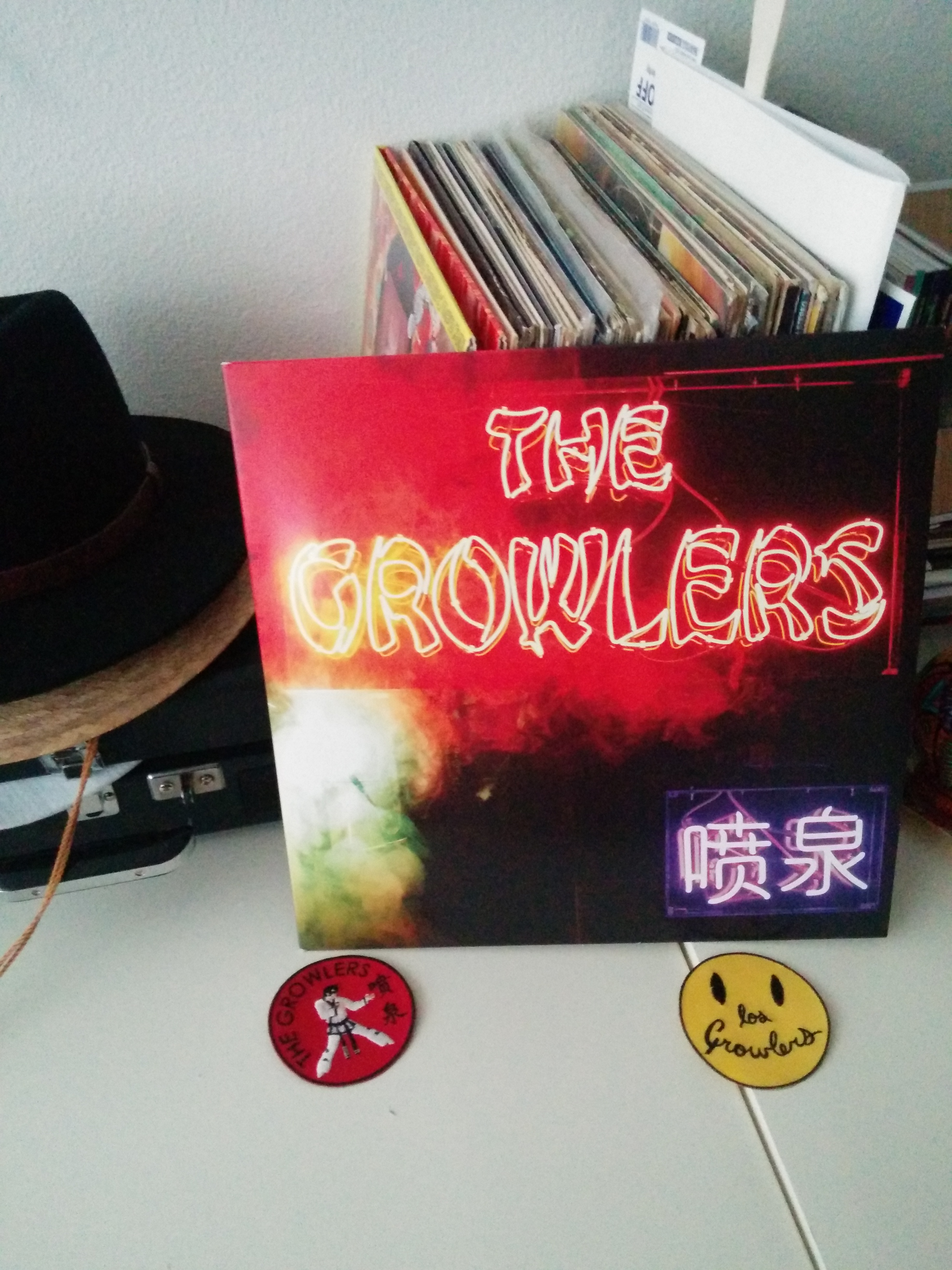
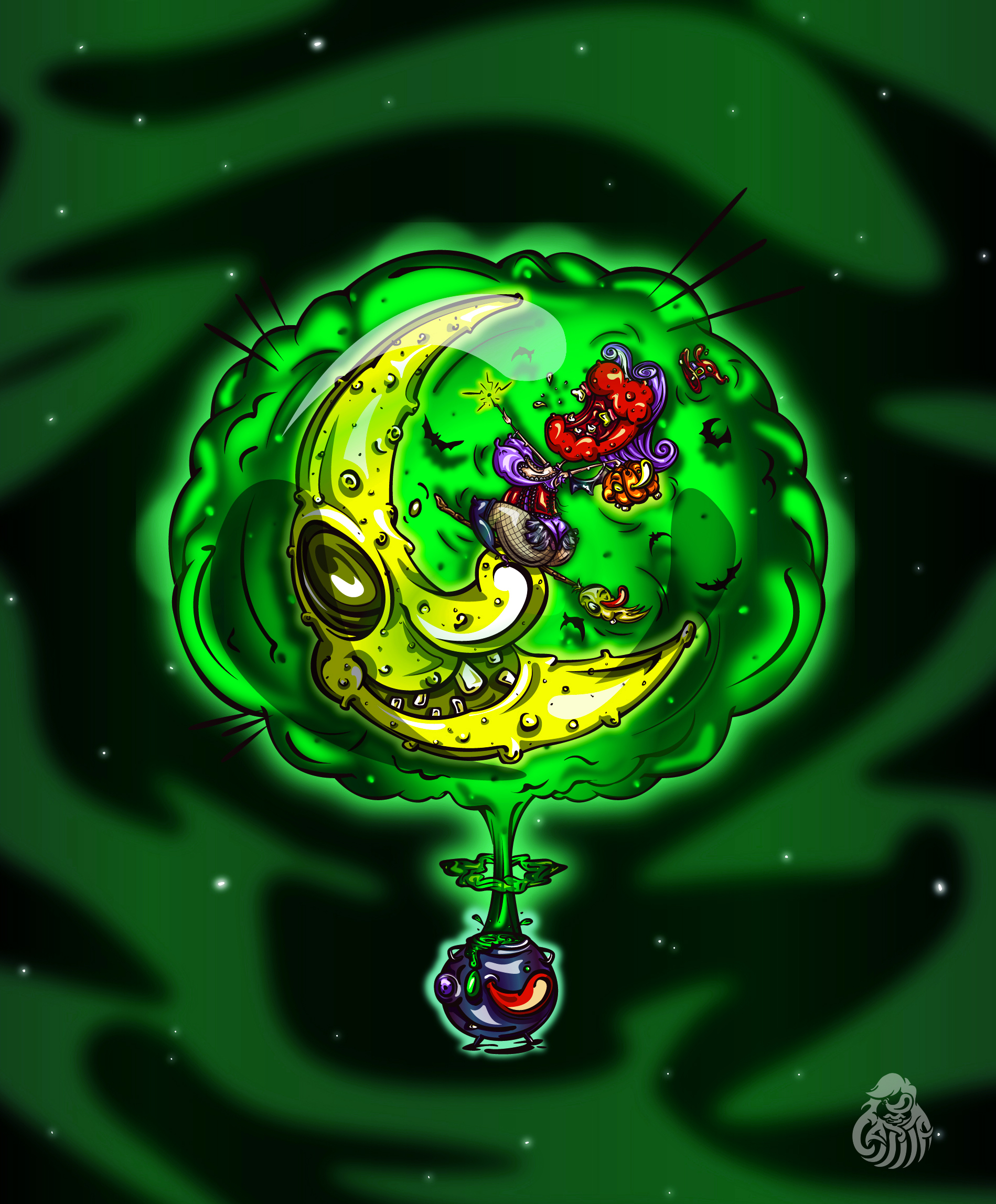
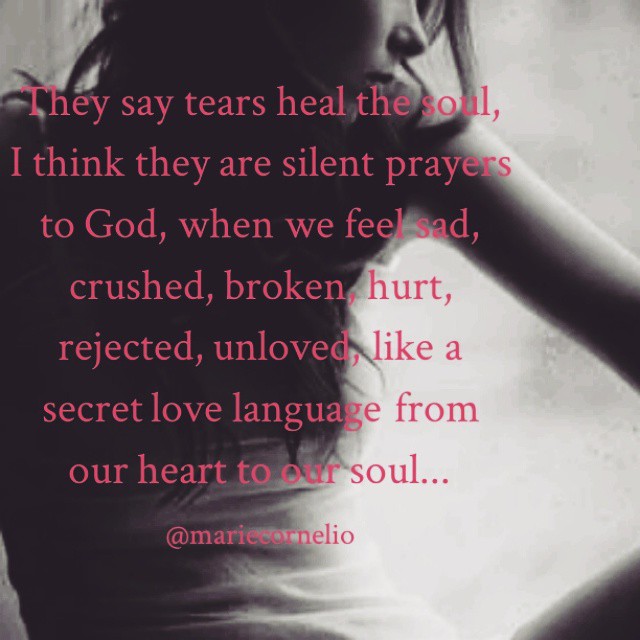
Leave a Reply